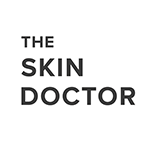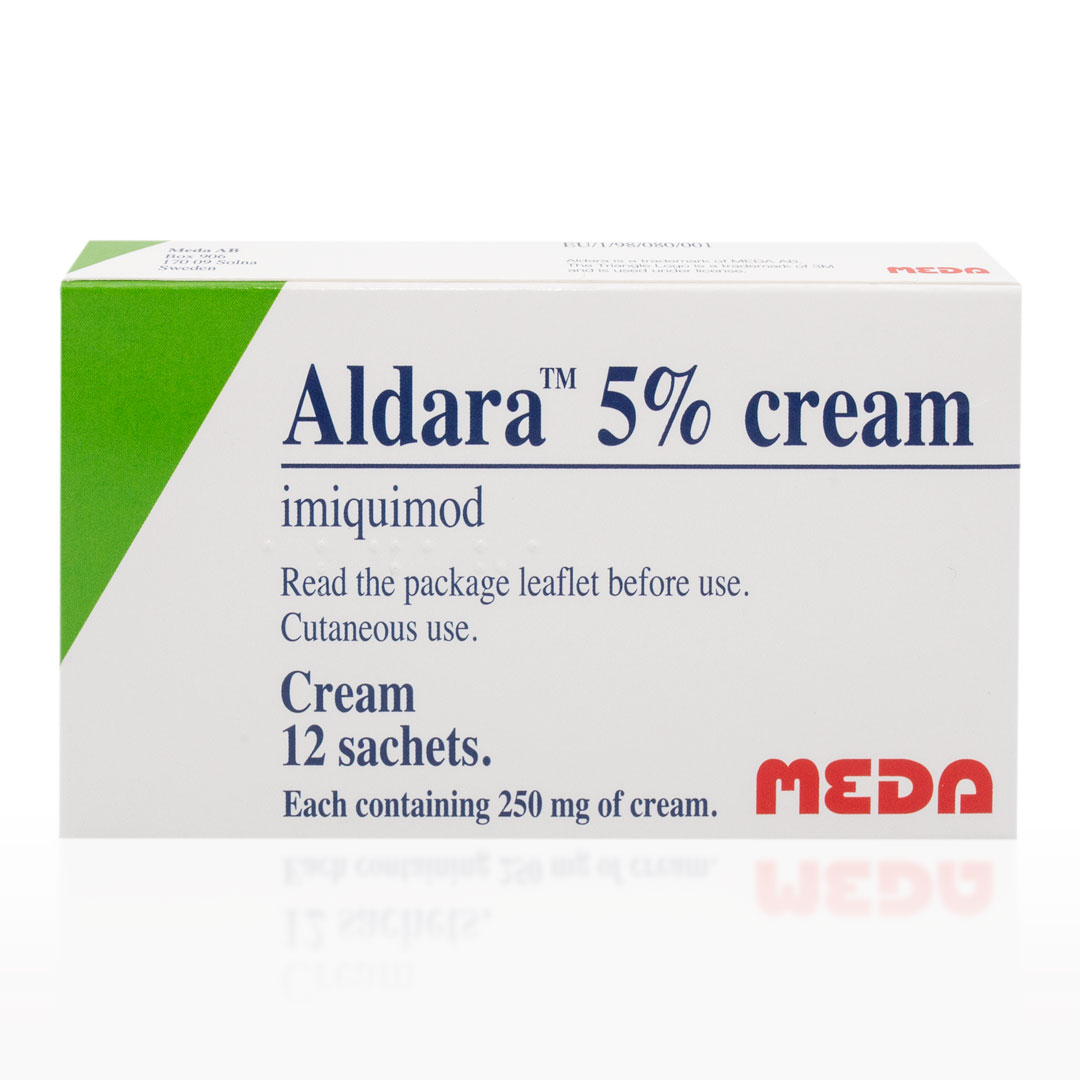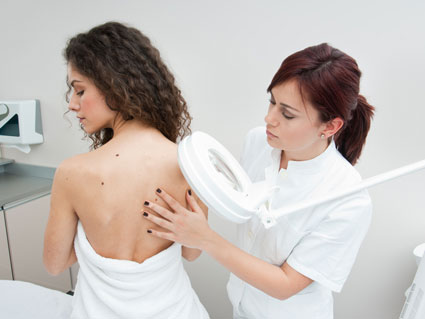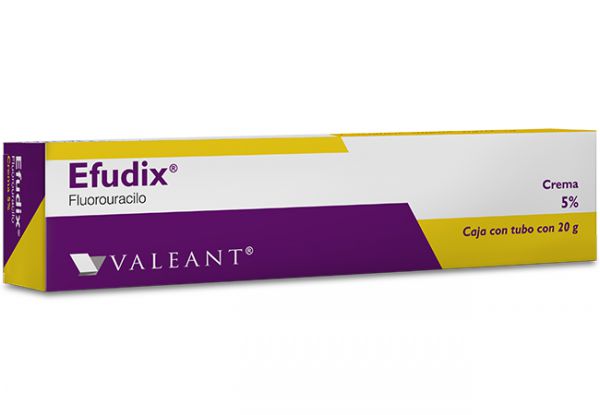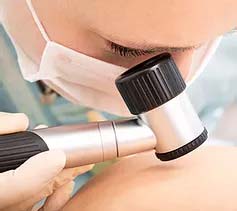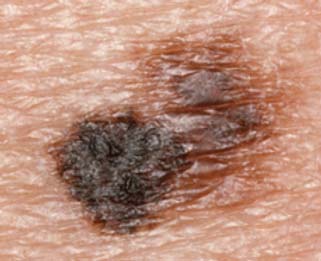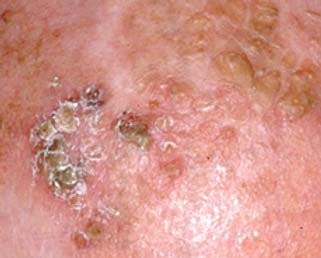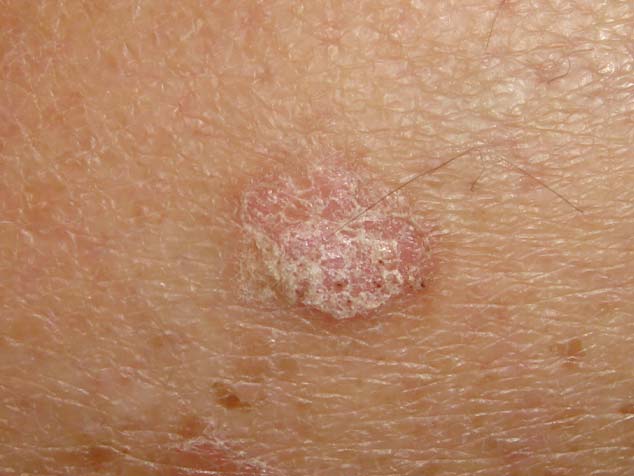Aldara (Imiquimod)
Aldara (Imiquimod) Aldara is a commonly used topical cream for the treatment of early skin cancers. In general, we only use it on the thinnest of skin cancers – Superficial Basal Cell Carcinoma (sBCC) and Squamous Cell Carcinoma in situ (SCCis) also known as Bowen’s disease. We also can use it to treat pre cancer … Read more
